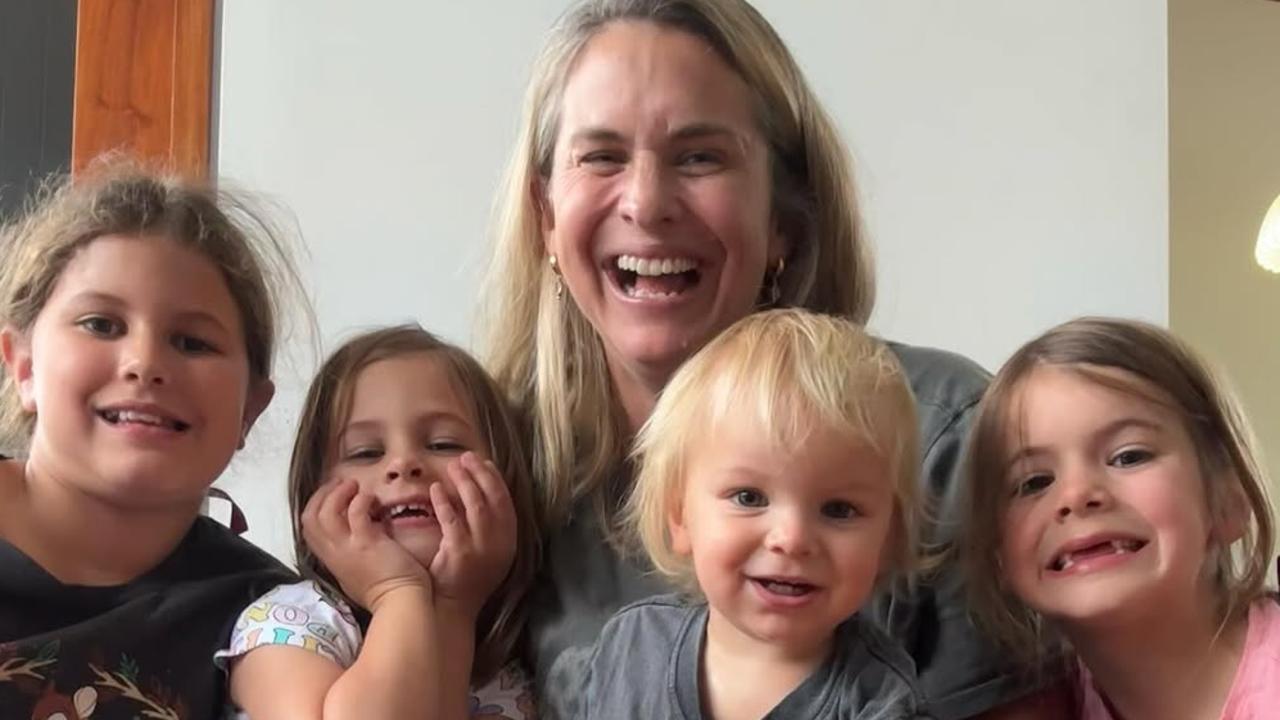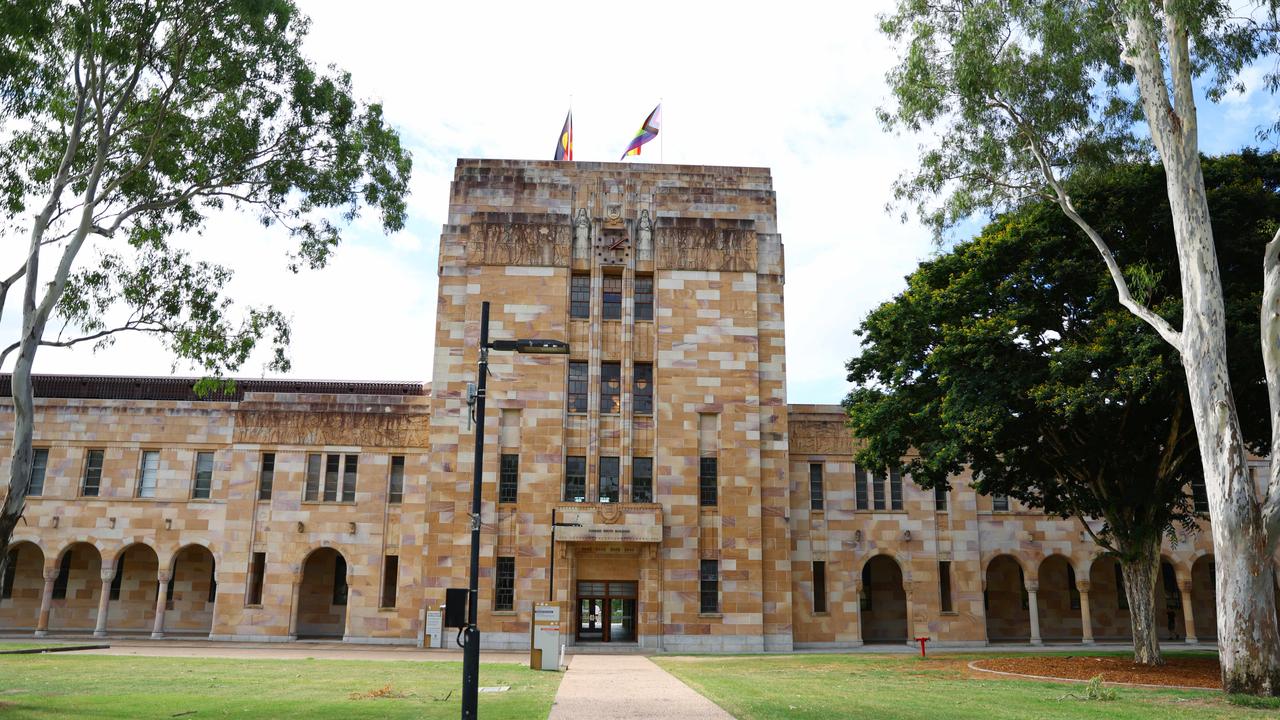Teacher career crisis: Shortages critical as graduate numbers plunge
The number of newly graduated teachers coming into Queensland classrooms has fallen off a cliff, as schools continue to struggle amid staff shortages.

Education
Don't miss out on the headlines from Education. Followed categories will be added to My News.
The number of newly graduated teachers coming into Queensland classrooms has fallen off a cliff, as schools continue to struggle amid staff shortages.
New Education Queensland data shows just 2272 first-year teachers have taken up jobs in state school classrooms as of November 1, compared with 3154 graduates last year and 2881 in 2021.
While the numbers were down across the board in Queensland, rural locations were particularly hurting.
Newly-qualified teacher aide numbers are also down, with only 5046 new appointments so far this year, compared with 5515 last year.
Industry insiders say a range of issues have combined to slow the numbers of new graduates moving into classrooms, including Covid-19 pandemic hangovers; more postgraduate teachers coming through who don’t want to leave metropolitan areas; and less opportunities for teaching students to get practical experience in schools before they graduate.
Griffith University education lecturer and experienced classroom teacher Professor Beryl Exley said the pandemic had caused a huge “disruption” for graduates.
“There was so much uncertainty, it was often difficult for people to make a four or two year commitment to study,” she said.
Prof Exley said teaching was now attracting a lot more postgraduate students, who may be more reluctant to relocate to regional areas than their younger counterparts.
“A factor is that approximately 50 per cent of graduating early career teachers are coming through the postgraduate pathway. It’s no longer only the 20-something-year-old graduate,” she said.
“These people more typically have families, are less mobile and less likely to seek employment in rural and remote communities.”
Teachers Professional Association of Queensland president Scott Stanford said the length of teaching degrees and a reduction in schools taking university students for practical experience, was also likely impacting employment trends.
“There are more people who don’t want to, or cannot afford to, do the four years of full-time study to get the teaching degree, when teacher aides can do it in 18 months,” he said.
“But also, a school I previously worked at, we would take 30 or 40 prac students per year, but by the time I left, we were taking under 10 per year.
“While teachers are paid extra to take a prac student, it is a lot more time to mentor that student, as well as all of the bureaucratic paperwork they have to do. Often they’re saying they don’t have the time or don’t want that extra stress.”
Education Minister Grace Grace, who released the data following a Question on Notice from LNP Member for Southport Rob Molhoek, said first-year teachers were just one part of the employment puzzle for schools.
“We are also recruiting many more teachers in addition to those who are just starting out in the profession, such as teachers from interstate, overseas and the private sector,” she said.
“The 2023 figures have now stabilised, however we expect to see some variations each year in the composition of teachers being recruited.”
Professor Exley said financial incentives were integral to attracting new graduates, particularly to regional areas.
“A concerted recruitment campaign and bonuses for early career teachers who commit to these communities for a medium period of time is having a moderate effect,” she said.





